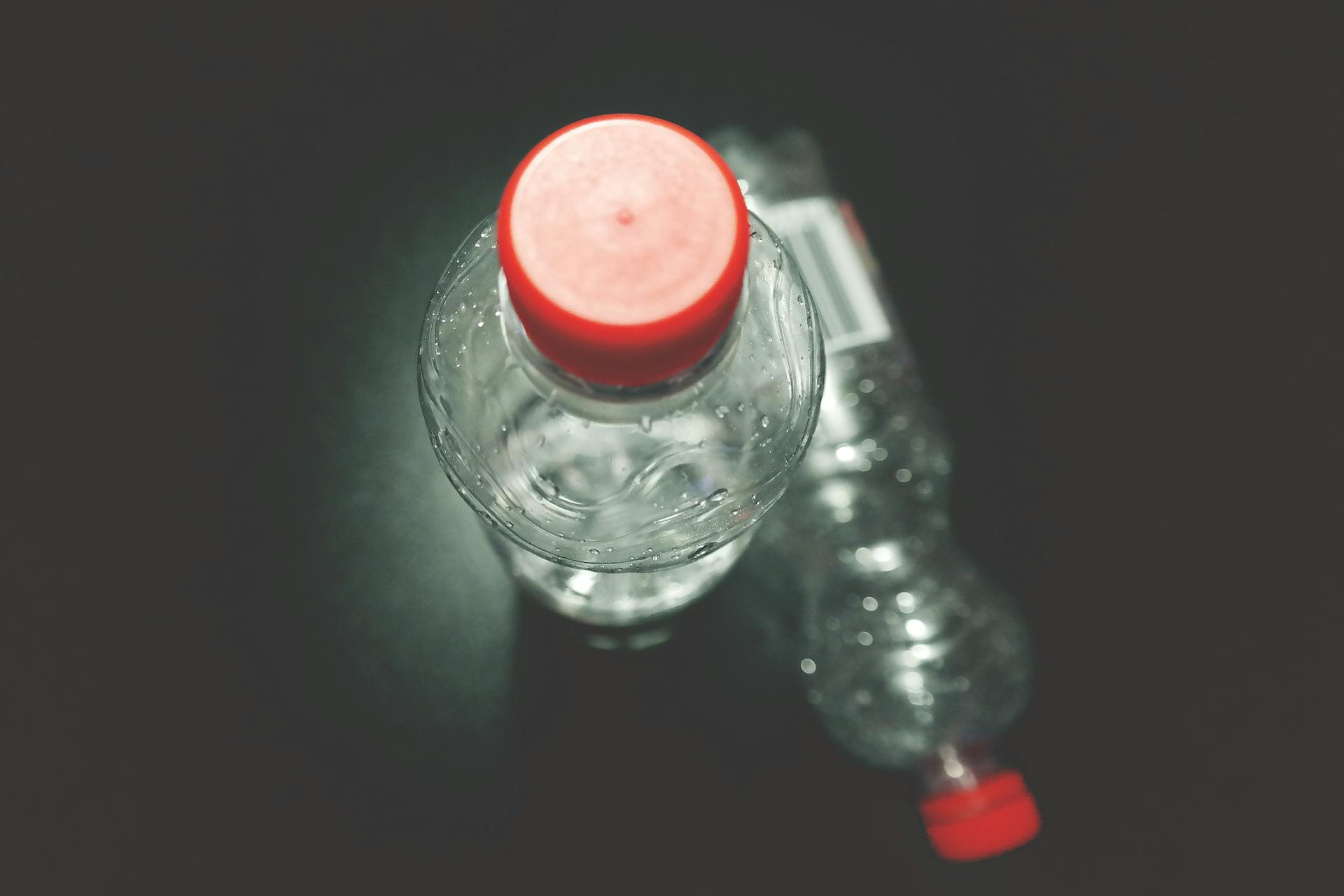A new test, conducted by scientists from the State University of New York, shows that bottled water has microplastic particles in them.
250 bottles of water from nine different countries were examined. More than 90% contained tiny pieces of plastic. Sometimes concentrations were as high as thousands of plastic pieces per litre of water. Only 17 examined bottles were free of plastic. On average, 10 plastic particles, about the width of a human hair, were found in each litre of water.
The companies, whose bottled water was examined, claim that their production met the highest quality standards. In most cases, the plastic gets into the water through the packaging process.
Although the results are not catastrophic scientists and doctors are concerned. However, they state that there is no proof that the smallest particles of plastic can cause damage to your body. Most of it is turned into waste which leaves the body through faeces.
Apart from bottled water, plastic particles have also been found in beer, tap water, seafood and even in the air.
Bottled water is the fastest growing beverage in the world. Currently, about 150 billion dollars worth of water is sold worldwide. Packaged water is especially important for millions of people around the world who do not have access to safe drinking water.
Vocabulary
| access | the ability to get something |
| although | while |
| beverage | hot or cold drink |
| bottled water | drinking water that is sold in a bottle; sometimes it has bubbles in it |
| claim | to say that something is true |
| concentration | the amount of something in a liquid |
| concerned | worried |
| conduct | carry out |
| contain | to have in them |
| currently | at the moment, now |
| especially | above all |
| examine | to test or look at something very closely |
| faeces | solid waste that leaves your body after a certain time |
| microplastic particles | very very small pieces of plastic |
| packaging process | the method used to put water into the bottle |
| proof | facts that show something is true or correct |
| quality standards | level of quality a company accepts in its products |
| safe | clean |
| scientist | a person who is trained in science and works in a lab |
| state | to say officially |
| tap water | water that comes naturally from a tap rather than a bottle |
| tiny | very very small |
| waste | unwanted material |
| width | how wide something is |
| worldwide | around the world |
